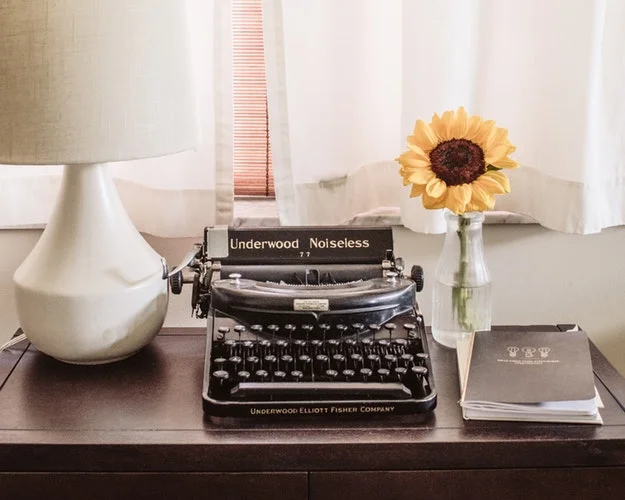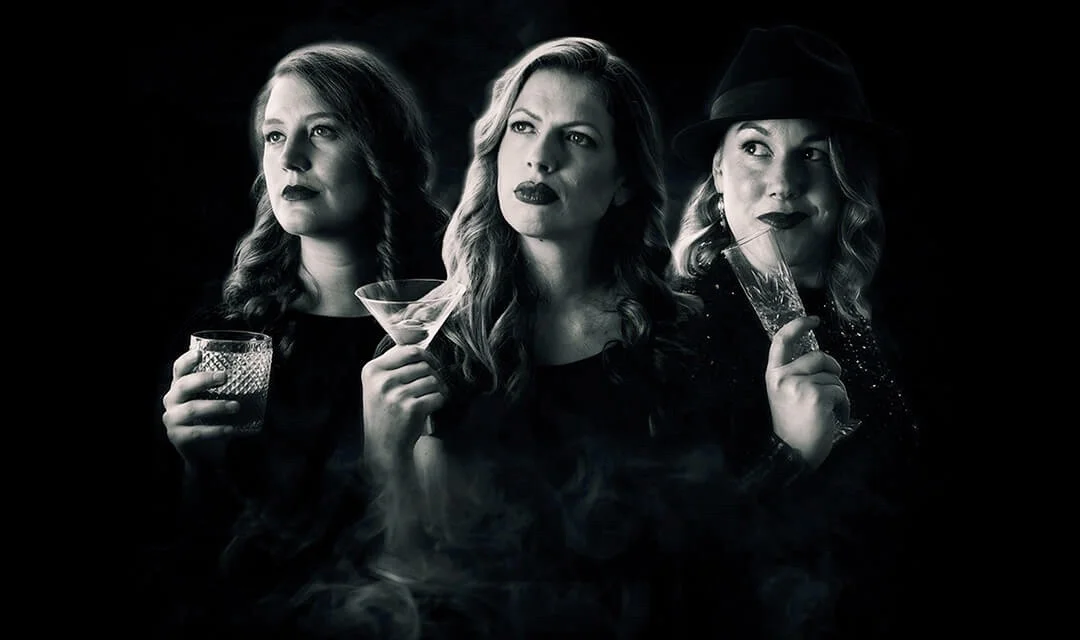30 minutes of laughter and tears: how women are conquering a new era of comedy-drama
Comedy-drama in television has always been somewhat of a grey area. More suited to films, perhaps, TV writers are constantly told that they must master “one or the other” before attempting to combine the two, and that they don’t gel together seamlessly. To this, most writers scratch their heads and think… but what about a little show called Fleabag?
Fleabag, if you’ve been living under a rock, is Phoebe Waller-Bridge’s hot, inappropriate, genius TV series which captured our hearts in 2016. Season two aired last year, bringing the “hot priest” into our lives and making us feel very differently about joining our local church… Or was that just me? One of the best things about Fleabag, other than the charmingly awful characters, slick dialogue and delicious rule-breaking, is that it’s undeniably a comedy-drama. Tackling themes of grief, friendship and families, it can be completely devastating. But, whilst you’re crying, you’re laughing about a fart in a lift. The two genres are so joyously intertwined that it can only be a comedy-drama.
We know that Waller-Bridge has worked for it – her massive pile of Emmys speaks for itself. Fleabag wasn’t an easy feat, originating in 2013 as a one woman play, it journeyed long and hard, evolving all the while and received mixed reviews. But if you’re up to date on your Waller-Bridge knowledge, you might know that she also wrote and starred in the Channel 4 2016 sitcom, Crashing, which was quieter in the critical scene but still impressed viewers. However, Crashing is fundamentally a comedy. Whilst it explores similar themes to Fleabag and the characters are complex and well-written, it doesn’t have the dark, ominous and emotional undertones of Fleabag, and it dances around the topics without necessarily addressing them directly. It seems that Waller-Bridge may be a token example of mastering “one or the other” before becoming the queen of comedy-drama.
This "half-an-hour-that-isn’t-entirely-for-laughs" is a relatively new concept, and it’s been dominated by women. If you think about the big 30-minute British TV shows over the past decade you probably think of Friday Night Dinner, Peep Show, The IT Crowd, The Inbetweeners – hilarious, cringe-worthy, big laugh shows that are certainly comedies. However, they don’t often tackle serious issues or explore emotions in an empathetic and meaningful way. And all these examples are written by men.
Don’t get me wrong, there are plenty of women making excellent thirty-minute comedies. Michaela Coel’s Chewing Gum deserves a mention, exploring sex, religion and family life in working class London through her hilarious protagonist. However, like Fleabag, Chewing Gum originated as the play Chewing Gum Dreams, which takes a more serious look at life as an adolescent. It’s still brimming with juicy comedy, but it presents more of the issues that might be seen in a drama. Similarly, Lisa McGee’s Derry Girls, which puts hilarious Northern-Irish families in the limelight, centres around the Troubles in the 1990s, and effectively uses comedy to present a serious topic. We see a slight pull towards drama from both these female writers that we miss in something like The Inbetweeners.
Some might wonder whether women have dominated the new thirty-minute comedy-drama scene because they’ve struggled to find a place at the table in this boys’ club we call the comedy industry. Whilst this is certainly an option, the theory somewhat undermines the brilliance of what we’re seeing on screen. Take Aisling Bea for example, an experienced comedian who has appeared on almost every panel show in the UK, whilst also featuring in television dramas such as The Fall. Last year, Bea’s This Way Up aired on Channel 4; a 30-minute series that follows a young woman after a suicide attempt. The series puts mental health at the foreground and draws comparisons to Bea’s personal life and the death of her father, whilst featuring comedy gags and the queen of comedy Sharon Horgan. As a result, This Way Up, like Fleabag, has an even balance of comedy and drama – and it’s not because Bea can’t do comedy or drama separately. She’s great at both, and this has clearly lead to a higher understanding of how they link together.
Most of the new thirty-minute comedy-dramas centre around a strong and troubled protagonist, often played by the writer/creator herself. For example, in GameFace, we see the writer Roisin Conaty playing her protagonist, Marcella. Whilst GameFace is primarily marketed as a comedy, it lingers around the edges of the drama sphere, mainly because Marcella is troubled by her traumatic break-up and lack of career success. Whilst Conaty doesn’t touch on issues as serious as Bea or Waller-Bridge, there’s a great sense of frustration and hopelessness around Marcella that’s extremely relatable to a young audience in the current climate. Anyone trying to balance relationships in a creative field can understand how demanding and (for want of a better word) dramatic this can be. So, perhaps it’s a troubled protagonist that defines the genre.
Daisy Haggard’s Back to Life, however, casts doubt on this theory. Based around Miri, a woman who’s recently been released from an eighteen-year prison sentence, Back to Life certainly covers some dark topics. In fact, unlike GameFace, some might argue that it leans more on the side of drama than comedy – except that it’s very funny in a dark, subtle way that reflects real life. Exploring a protagonist who’s entered a world that is so similar, yet somehow extremely different, Back to Life is a wonderful social commentary on how women are treated after committing a crime, and how we view outsiders. As Miri struggles to understand why everyone’s so weird and protective over their phones, she’s likeable but isn’t the main influencer of the comedy. In fact, it’s this baffling world around her that inspires much of the laughs, and the way she subtly bounces it off.
So, why are women conquering this new type of comedy-drama? It’s difficult to say – and of course, it’s not an entirely female game. Stefan Golaszewski’s Mum warrants a mention, which focusses on a middle-aged woman and her family during a period of grief, and combines laughs with some touching moments. However, it certainly seems to be a space where women have found their voice and utilised their talents. I, for one, think there’s something significant in the fact that most women bleed for a week every month whilst going about our normal day. Like Kristin Scott Thomas’s character in Fleabag says, “women are born with pain built in. It's our physical destiny – period pains, sore boobs, childbirth. We carry it within ourselves throughout our lives.” Yet, somehow, we still manage to work and live and laugh. Perhaps audiences want to see more of real life, of their pain reflected, whilst still enjoying themselves. They want to see their protagonist learn, grow and explore who they are – but they also want to laugh about a fart in a lift. Whatever the reason, I can’t wait to see what comes to our TV screens next.
Main Photo Source: Phoebe Waller-Bridge celebrating after the Emmys on Sunday, where ‘Fleabag’ and ‘Killing Eve’ won seven awards between them. CREDIT: JOSH COLE/INSTAGRAM.






